Highlights:
- S Paul Kapur, of Indian descent, confirmed as Assistant Secretary of State for South and Central Asian Affairs.
- Will oversee US diplomatic engagement with India, Pakistan, Bangladesh, and Afghanistan.
- Experienced scholar on South Asian security, nuclear strategy, and US-India relations.
- Previously served on the State Department’s Policy Planning Staff and authored several influential books.
Indian-origin scholar takes key US diplomatic role
The US Senate confirmed S Paul Kapur, an Indian-origin academic, on October 7 as Assistant Secretary of State for South and Central Asian Affairs, replacing Donald Lu. Despite an ongoing government shutdown, the confirmation vote proceeded smoothly, reflecting bipartisan support for Kapur’s appointment.
The White House confirmed the news on X, stating: “Paul Kapur, of California, as Assistant Secretary of State for South Asian Affairs.” Kapur was among 107 nominees approved by the Senate and will now shape America’s diplomatic engagement with India, Pakistan, Bangladesh, and Afghanistan.
A career bridging academia and diplomacy
Born in New Delhi to an Indian father and an American mother, Kapur has built a career combining scholarship and policy work. He is currently a professor at the US Naval Postgraduate School and a visiting fellow at Stanford University’s Hoover Institution.
During the earlier Trump administration, he served on the State Department’s Policy Planning Staff, working on Indo-Pacific strategy and US-India relations, gaining experience that will inform his new role.
Scholarly expertise and influence
Kapur holds a PhD from the University of Chicago and a bachelor’s degree from Amherst College. He has published extensively on South Asian security and nuclear strategy, with key works including:
- Jihad as Grand Strategy: Islamist Militancy, National Security, and the Pakistani State
- Dangerous Deterrent: Nuclear Weapons Proliferation and Conflict in South Asia
- Co-authored India, Pakistan, and the Bomb: Debating Nuclear Stability in South Asia
- Co-edited The Challenges of Nuclear Security: US and Indian Perspectives (2024)
His research often emphasizes that Pakistan’s use of jihadist groups is a deliberate state policy, suggesting that his tenure could see a tougher US stance toward Islamabad.
Shaping the future of US-South Asia policy
Kapur’s writings have appeared in leading journals and outlets, including International Security, Security Studies, Asian Survey, The Wall Street Journal, and The National Interest. With his combination of academic expertise and policy experience, he is expected to play a central role in shaping US strategy in South and Central Asia, including relations with India and Pakistan.


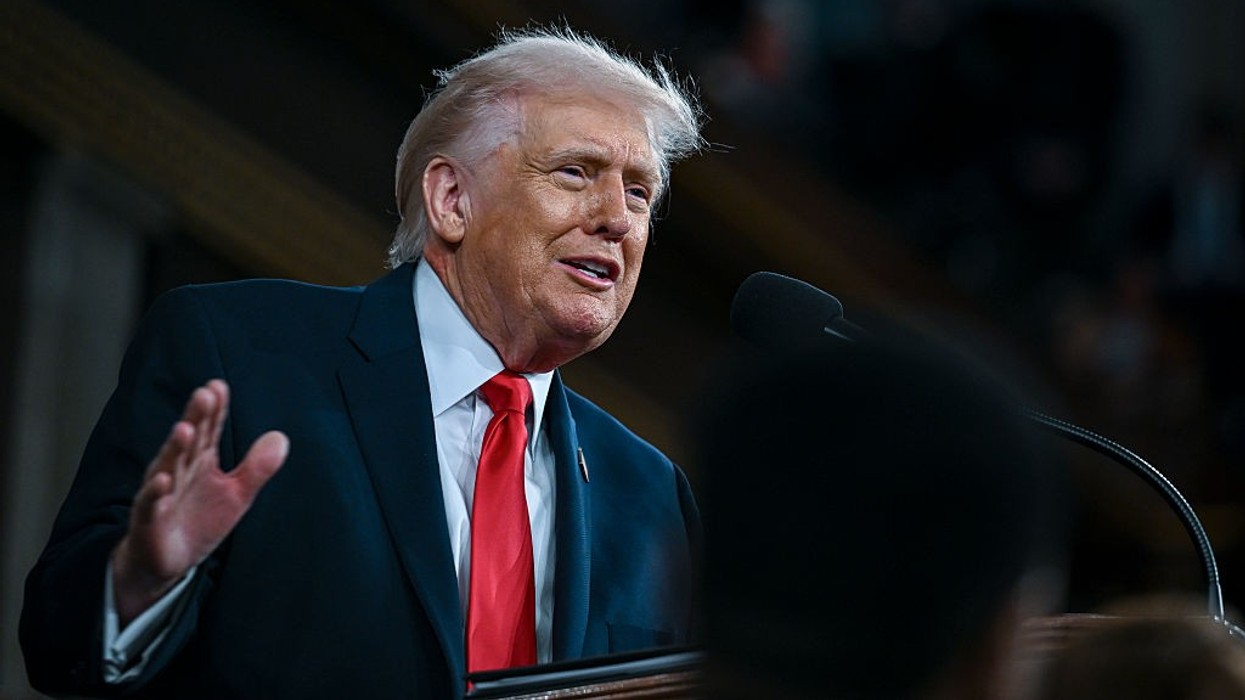


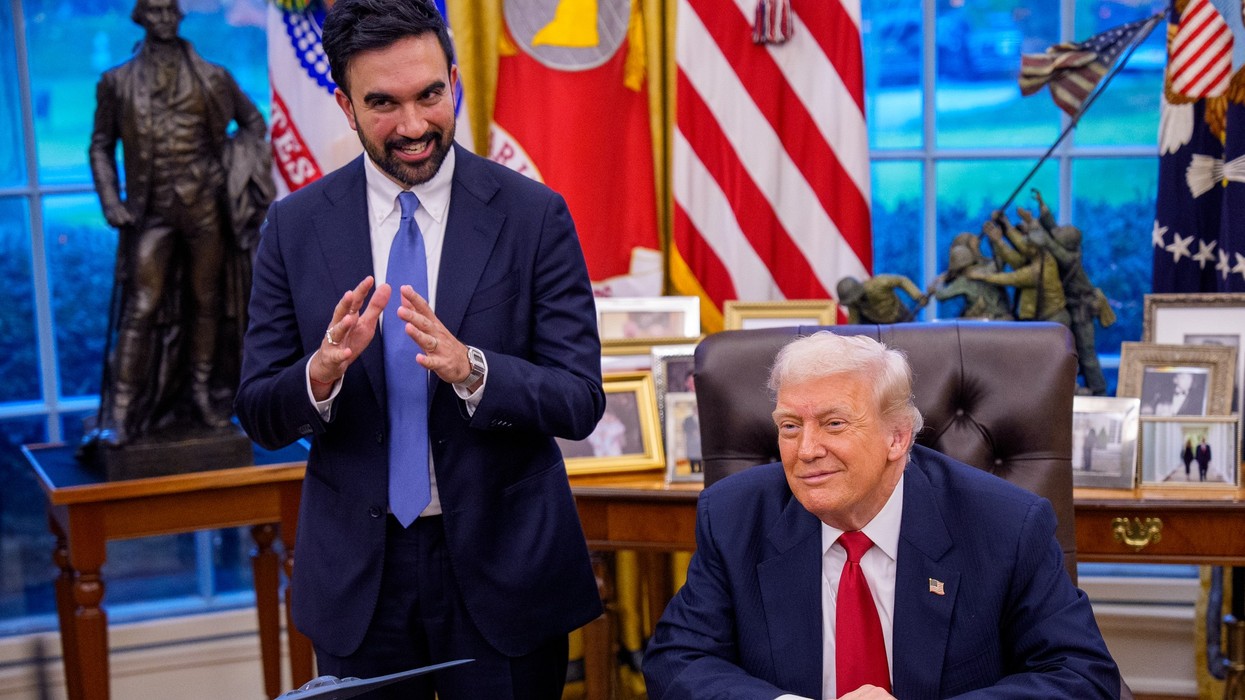
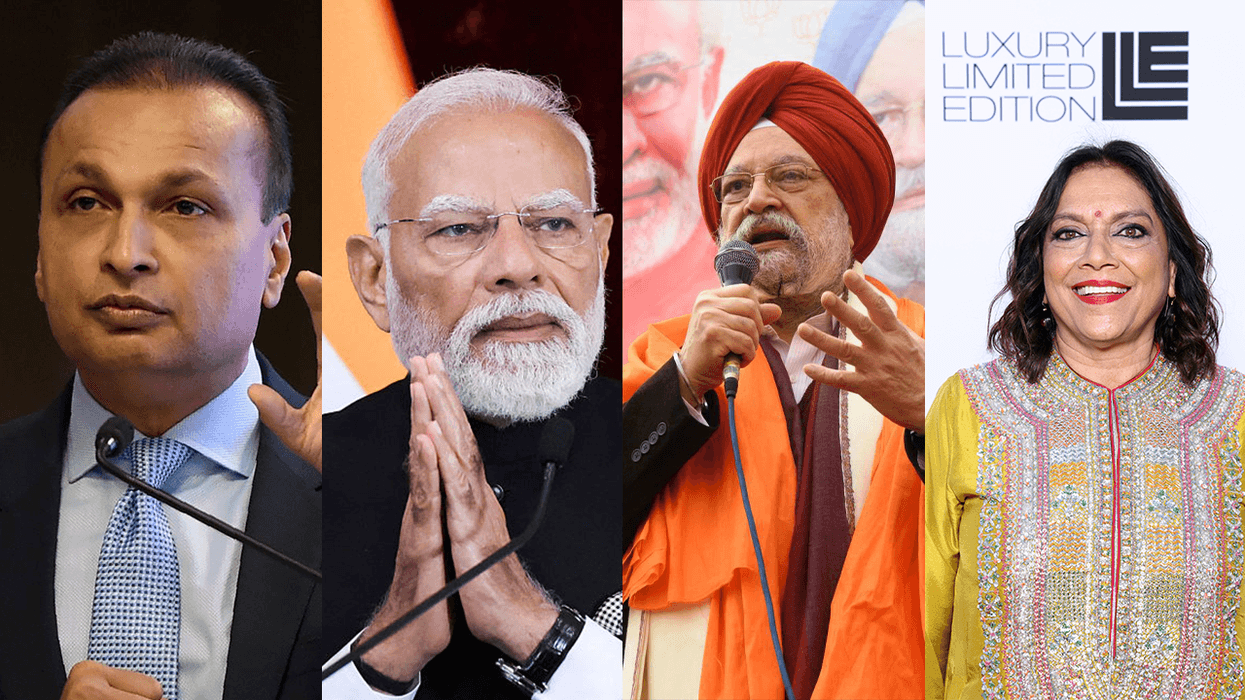





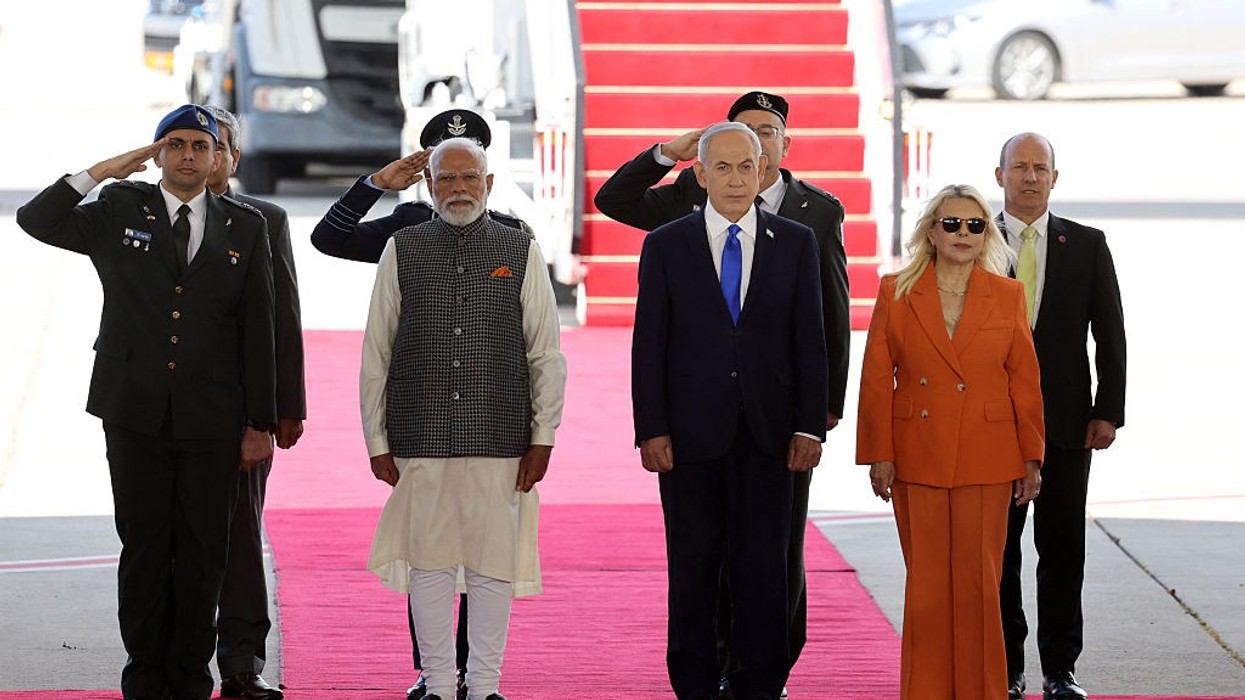

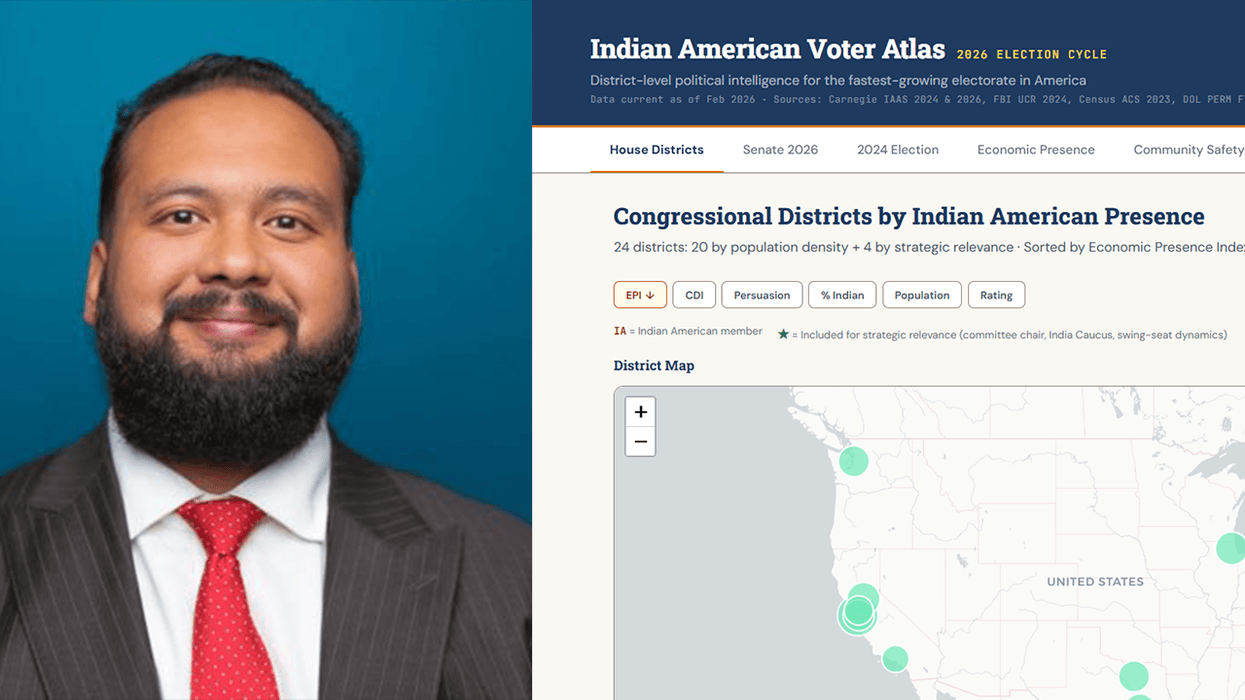
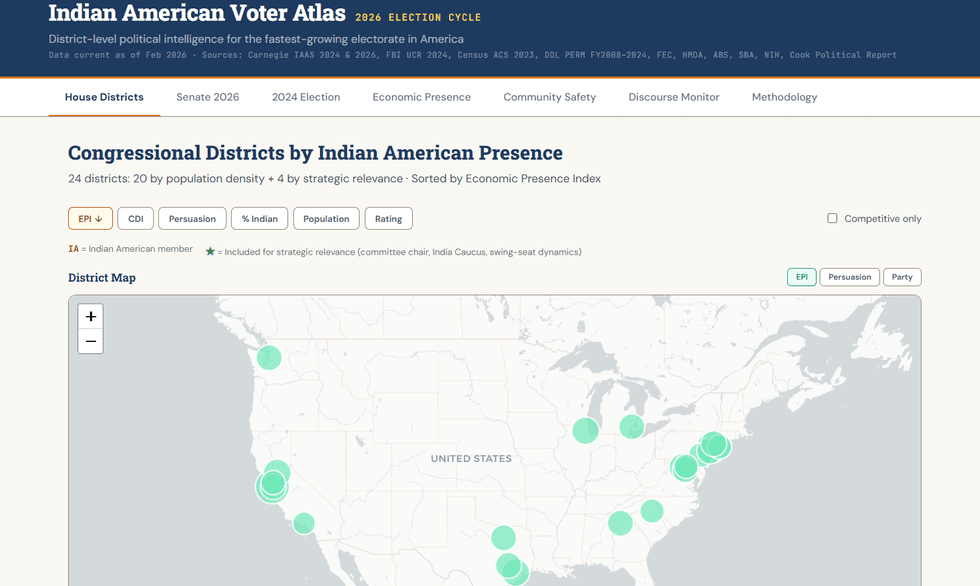 https://www.voteratlas.io/
https://www.voteratlas.io/ https://www.voteratlas.io/
https://www.voteratlas.io/